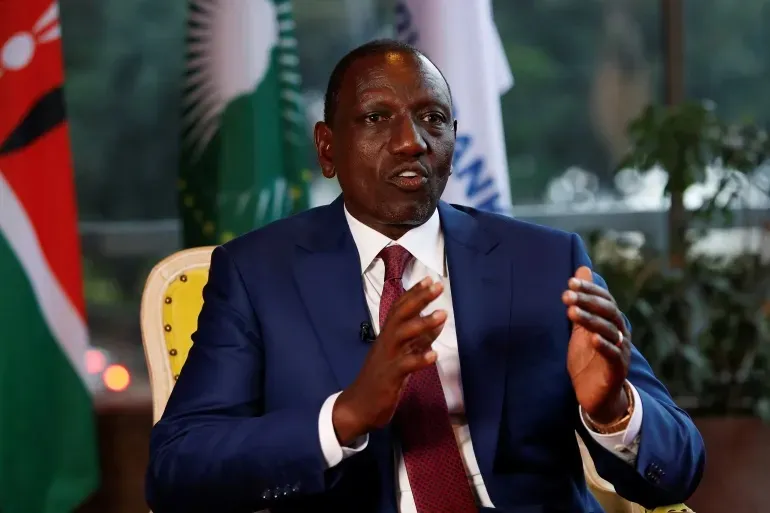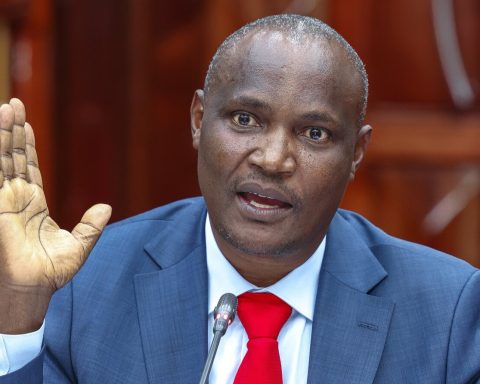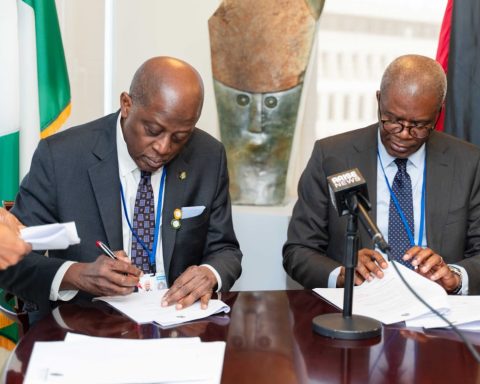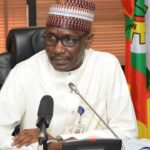Ruto Withdraws Finance Bill After Deadly Protests
Kenya’s President William Ruto announced the withdrawal of a contentious finance bill containing significant tax hikes following nationwide protests that resulted in over 20 deaths.
This decision marks a significant policy reversal after intense public pressure and widespread unrest.
Join our WhatsApp ChannelProtests Turn Deadly
The anti-tax protests, which began peacefully, escalated into violence when lawmakers passed the finance bill on Tuesday. Police fired live rounds into the crowd, and protesters set parts of the parliament complex on fire.
The Kenya National Commission on Human Rights reported 22 deaths and 300 injuries, prompting an investigation into the violence.
One protester, Jane Wanjiku, expressed her frustration, saying, “We are struggling to make ends meet, and these new taxes would make life unbearable. We had to take to the streets.”
Ruto’s Reversal
In a press briefing on Wednesday, President Ruto announced the withdrawal of the finance bill. “I concede and therefore I will not sign the 2024 finance bill and it shall subsequently be withdrawn,” Ruto said. He acknowledged the public’s opposition, stating, “The people have spoken.”
READ ALSO: Kenya Anti-Tax Protest: Death Toll Rises To 23, Others Injured
Despite this, Ruto warned of the consequences of withdrawing the bill. “This decision will create a significant shortfall in funding for development programs designed to help farmers and schoolteachers,” he explained.
The president highlighted the challenge of reducing Kenya’s foreign debt, which stands at approximately 10 trillion shillings ($78 billion).
Economic Impact
Ruto’s administration had justified the tax hikes as necessary to service Kenya’s massive debt, which amounts to roughly 70 percent of the country’s GDP.
The proposed taxes were intended to raise funds for essential development projects and reduce the nation’s reliance on foreign loans.
Economist Peter Kamau commented on the potential repercussions of the bill’s withdrawal. “Without these taxes, the government will struggle to finance critical infrastructure and social programs. This could slow down economic growth and affect public services,” Kamau said.
Public Response
The intensity of the opposition to the finance bill took the government by surprise. Protests erupted across the country, reflecting widespread dissatisfaction with the rising cost of living and perceived government mismanagement.
A teacher, Samuel Njoroge, voiced his concerns, saying, “We are already dealing with high inflation and stagnant wages. Adding more taxes would have been disastrous for ordinary Kenyans.”
The protests were not only about the tax hikes but also about broader economic grievances. Many Kenyans feel that the government has failed to address their needs and is out of touch with the realities faced by everyday citizens.
Moving Forward
With the finance bill withdrawn, the government faces the challenge of finding alternative ways to generate revenue without imposing additional burdens on the population. President Ruto emphasized the need for dialogue and collaboration to find solutions to the country’s economic problems.
“We must work together to find a path forward that balances our need for development with the realities of our economic situation,” Ruto said.
The withdrawal of the finance bill marks a significant victory for the protesters but leaves Kenya facing tough economic choices. The government must now navigate the challenge of addressing its financial needs while maintaining public support and avoiding further unrest.
The situation in Kenya highlights the delicate balance between economic policy and public sentiment, demonstrating the power of citizen action in shaping government decisions. As the country moves forward, the focus will be on finding sustainable solutions that meet the needs of all Kenyans.
Emmanuel Ochayi is a journalist. He is a graduate of the University of Lagos, School of first choice and the nations pride. Emmanuel is keen on exploring writing angles in different areas, including Business, climate change, politics, Education, and others.















